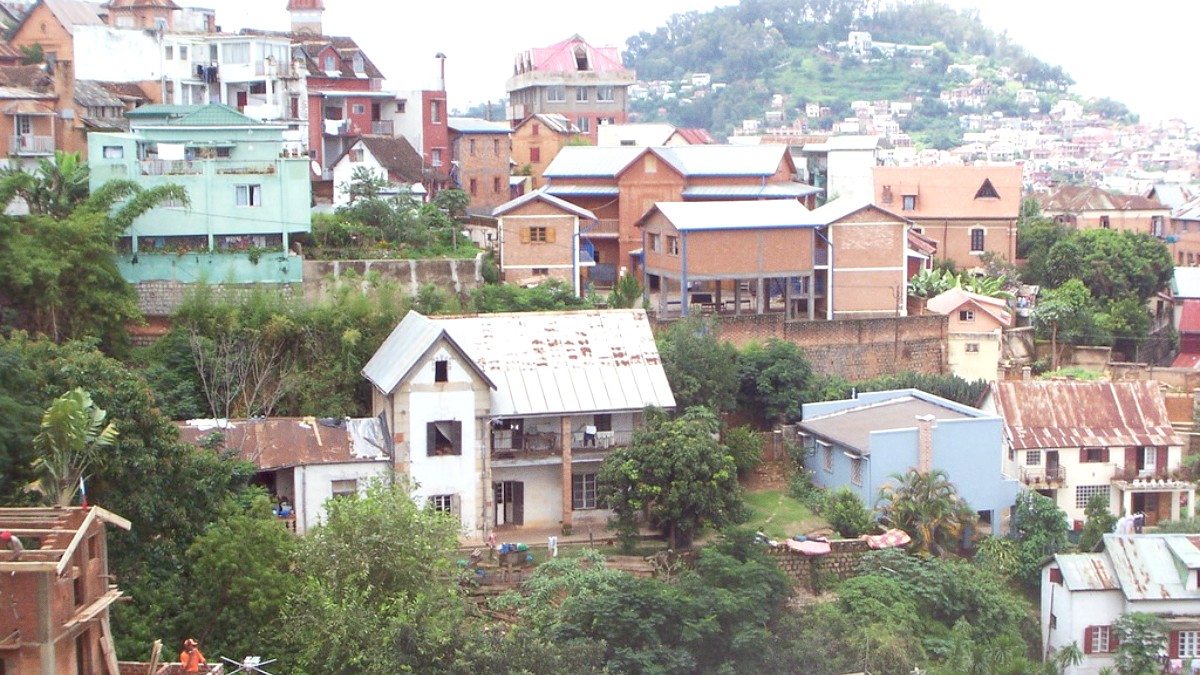
Madagascar
Witness unique biodiversity, like lemurs and chameleons, found nowhere else on Earth, an awe-inspiring experience.
Learning about the challenges and beauty of a developing nation fosters empathy. The warmth and hospitality of the Malagasy people often create genuine connections.
Traveling in Madagascar develops patience and adaptability facing logistical challenges, expanding global awareness.
Traveling in Madagascar develops patience and adaptability facing logistical challenges and unexpected changes.
It cultivates appreciation for nature and conservation efforts, witnessing unique ecosystems firsthand.
It broadens global awareness, giving a tangible understanding of cultural diversity and global interdependence.
Your visit carries an impact. Commit to practices that benefit Madagascar.
Respect local customs, traditions, and Fady. Your willingness to learn and adapt shows genuine appreciation.
Always ask for permission before taking photos of people, especially children, to respect their privacy.
Dress modestly, especially in traditional settings, villages, or when visiting religious sites, to show respect.
Bargain fairly in markets; avoid aggressive haggling. Remember the value of goods from a local perspective.
If giving gifts or money, do so discreetly to avoid creating a sense of entitlement or dependency, especially among children.
Engage respectfully and with an open mind, embracing cultural differences and learning from new perspectives.
Minimize your waste. Carry out what you carry in, especially in remote areas or national parks.
Be extremely careful with open fires, especially during dry seasons, as wildfires can devastate natural habitats.
Do not feed, touch, or disturb wildlife. Observe animals from a distance and never chase them for photos.
Madagascar is vast and offers endless opportunities for further exploration.
Continue exploring Madagascar's diverse national parks.
Discover the island's serene coastal escapes.
Immerse yourself in the rich heritage of the highlands.
Combine destinations for a diverse experience.
Domestic flights can significantly cut down travel time between distant regions, making ambitious itineraries more feasible.
Work with local tour operators for complex itineraries; they possess local knowledge and can coordinate logistics.
Different seasons bring new perspectives.
Returning in a different season (e.g., dry vs. Rainy) can offer completely different experiences of the landscapes and wildlife.
Consider focusing on a specific region or activity, like birdwatching, diving, or exploring the remote north, for a specialized return trip.
For repeat visitors, exploring lesser-known national parks or local villages provides a more intimate connection with the country.
Make your next trip even more fulfilling.
Keep a travel journal to capture thoughts, observations, and feelings, helping you process your experiences.
Talk about your trip with friends and family; sharing can solidify memories and inspire others.
Leave reviews for accommodations, tours, and restaurants to help future travelers and local businesses.
Continue exploring Malagasy culture and language, deepening your connection to the country.
Join online travel groups to exchange tips and experiences, possibly finding companions for future trips.
Madagascar has many wonders. Start planning your next exploration of its diverse regions and unique wildlife.
May your journey to Antananarivo and beyond fill you with wonder and a lasting connection to the extraordinary island of Madagascar.